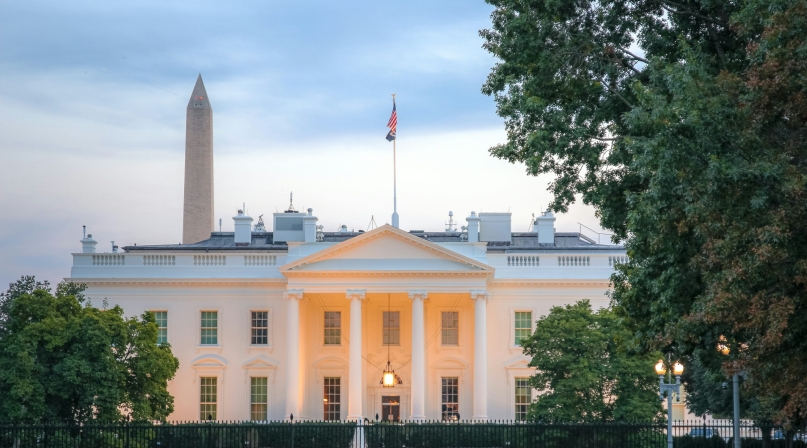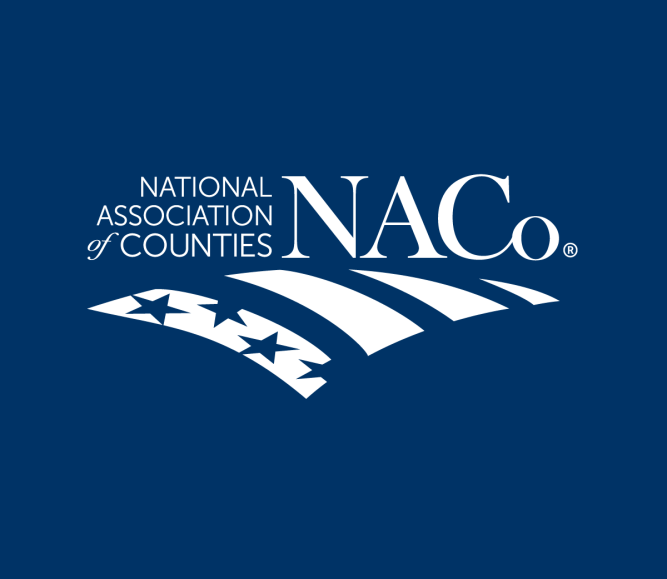White House issues Executive Order to change federal grantmaking process
Author

Ben Gilsdorf

Rachel Yeung
Upcoming Events
Related News

Key Takeaways
On August 7, President Trump issued an Executive Order (EO) titled “Improving Oversight of Federal Grantmaking,” aiming to strengthen accountability, coordination and oversight in the federal grantmaking process. The EO directs federal agencies to review the use of federal grant funding, including for diversity, equity and inclusion initiatives, and projects that are considered inconsistent with the administration’s priorities.
Key provisions in the executive order
- Grant Review Processes: The EO instructs federal agencies to designate senior appointees to be responsible for reviewing both notice of funding opportunities (NOFOs) and discretionary grant awards to ensure alignment with agency priorities and the national interest. The review process includes interagency coordination and subject-matter expertise consultation.
- Accountability Measures: Agencies will conduct annual reviews of discretionary awards to assess progress and ensure consistency with the administration’s priorities. New grant announcements require prior approval from the federal agency's designated senior officials until formal review processes are established.
- Streamlining and Simplification: The EO requires that federal agencies review the type of information requested when an applicant is applying to a discretionary grant program. These reviews aim to eliminate complex technical or legal language that may dissuade applicants from applying. The Director of the White House’s Office of Management and Budget will also revise the office’s guidelines to streamline universal application processes to remove barriers for applicants.
- Selection Criteria: The EO states that agencies should select applications that “demonstrably advance the President’s policy priorities,” as well as to avoid projects that support controversial positions on race or gender, illegal immigration, or “any other initiatives that compromise public safety or promote anti-American values.” The EO also encourages giving grant funds to a wider array of recipients and recipient types, rather than “a select group of repeat players.”
- Financial Controls: The EO directs agencies to take steps to amend their current grant policies, which would allow them to terminate grants “if the award no longer advances agency priorities or the national interest.” The EO also directs agencies to require its grant recipients to obtain explicit authorization from the awarding agency before drawing down grant funds, including requiring recipients to submit “written explanations or support, with specificity” for drawdown requests.
Impact on counties
Counties depend on federal grant funding to support social services, health programs, public safety, disaster response, infrastructure investments and more. Changes to federal grant policy, especially ones that apply retroactively, may create unintended administrative or financial consequences when implementing these programs.
At the NACo 2025 Annual Conference, county leaders adopted a resolution urging Congress and the administration to refrain from cancelling or freezing previously awarded funds and to support the stability and continued funding of critical projects and programs that have been properly approved, allocated and distributed.
As intergovernmental partners, counties are committed to working with our federal partners to achieve our shared priority of enhancing the federal grantmaking process, along with clear guidance for implementation. NACo will continue to monitor the rollout of this EO.
Related News

U.S. House passes final minibus funding package
Congress introduced the final FY 2026 Appropriations package, including key county priorities related to transportation, housing, health, emergency management and public safety

U.S. Congress passes minibus funding package
U.S. House and Senate appropriators passed a “minibus” appropriations package containing Fiscal Year (FY) 2025 Interior-Environment, Commerce-Justice-Science and Energy-Water spending bills.
Resource
2025–2026 American County Platform and Resolutions

